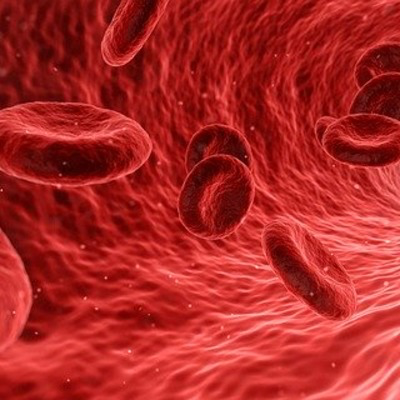
Doctors have known for decades that melanoma skin cancer is more likely to spread (metastasize) if the cells pass through lymph nodes before entering the bloodstream. (Lymph nodes are part of a large network of tubes that move fluid, lymph, around the body.) The reason for this, however, has remained unclear. A team led by Sean Morrison, Ph.D., director of the Children’s Medical Center Research Institute at UT Southwestern, have conducted a study in mice that provides some answers.
For this study, the team used two mouse models. For the first model, mice with weakened immune systems were transplanted with human melanoma cells beneath their skin. The weakened mouse’s immune system can't recognize and attack human cells. For the second model, mouse melanoma cells were transplanted into mice with normal immune systems. To study the difference of melanoma cells in lymph nodes and bloodstream, researchers collected cells within the lymph in mice. They then were able to compare melanoma cells spreading in the lymph and blood side-by-side.
They found that the cells in the blood were subject to 'oxidative stress'. This is caused by the tendency of oxygen to form highly reactive chemicals that can damage cells. Oxidative stress kills the melanoma cells, inhibits their spread. In lymph nodes, the cancer cells were protected from oxidative stress and had better survival.
When they looked closely, the researchers found that when in the lymph nodes, the cancer cells were changed in ways that made them much harder to kill with oxidative stress. When they eventually leave the lymph nodes, they are protected and can spread more easily.
Researchers have begun to search for drugs to eliminate the protective effects of the lymph nodes. If they can find an effective therapy that works for mice, they can begin to test the treatment in humans. Luckily, there are some good candidates. MCT1 is a molecule that helps cells manage oxidative stress. The researchers are now focusing on exploring the potential of this chemical as a way to stop the spread of cancer.
